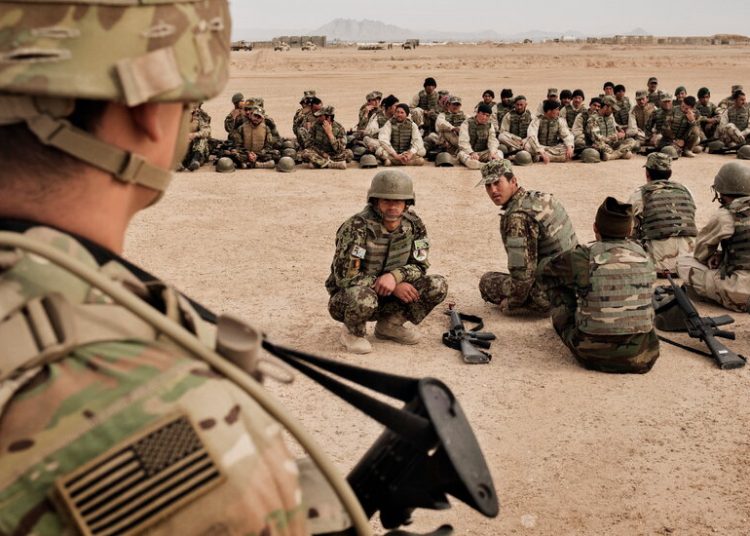Mr. Biden, one administration official said, expressed frustration that President Ashraf Ghani of Afghanistan had not managed to effectively plan and execute what was supposed to be the latest strategy: consolidating forces to protect key cities. On Wednesday, Mr. Ghani fired his army chief, Lt. General Wali Mohammad Ahmadzai, who had only been in place for two months, replacing him with Maj. Gen. Haibatullah Alizai, a special operations commander. The commandos under General Alizai are the only troops who have consistently fought the Taliban these past weeks.
Richard Fontaine, the chief executive of the Center for a New American Security, an influential Washington think tank that specializes in national security, wrote that in the end, the 20-year symbiosis between the United States and the Afghan government it stood up, supported and ushered through elections had broken down.
“Those highlighting the Afghan government’s military superiority — in numbers, training, equipment, air power — miss the larger point,” he wrote recently. “Everything depends on the will to fight for the government. And that, it turns out, depended on U.S. presence and support. We’re exhorting the Afghans to show political will when theirs depends on ours. And ours is gone.”
On Saturday, as the last major city in northern Afghanistan fell to the Taliban, Mr. Biden accelerated the deployment of 1,000 additional troops to the country to help ensure the safe evacuation of U.S. citizens…



























































